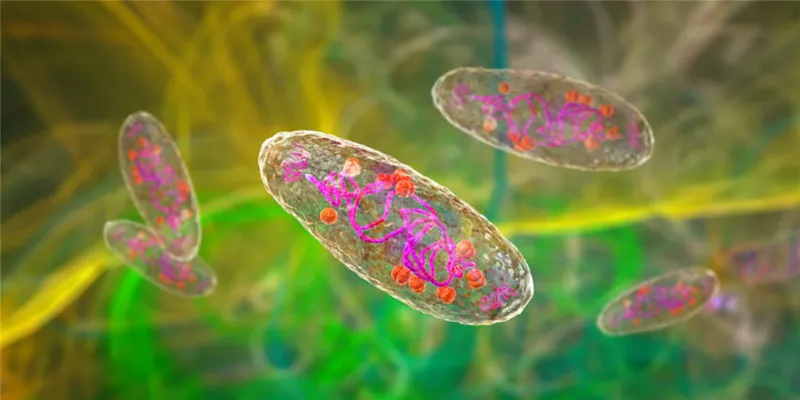Engineered Bacteria: A Revolutionary New Tool in Cancer Detection

21 September 2023
Scientists have utilized CRISPR technology to engineer bacteria that can detect tumor DNA in living organisms. This method, termed "CATCH", allows bacteria to identify DNA released by colorectal tumors, thriving in the presence of cancerous cells and dying off when none are present. Published in the journal Science, this breakthrough holds huge potential for early cancer detection.
In a groundbreaking medical advance, scientists from the University of California San Diego, alongside Australian colleagues, have utilized CRISPR gene-editing technology to design bacteria capable of identifying tumor DNA within living organisms. This innovative approach was demonstrated effectively in detecting cancerous cells in the colons of mice.
How the Tumor DNA Bacteria Were Developed
Genetically engineering bacteria to fight cancer may sound like the stuff of science fiction, but scientists have long used bacteria as biological sensors within animals. If a person has cancerous cells in their body, the engineered bacteria would survive and be able to signal the presence of those cells.
Horizontal gene transfer, CATCH
While DNA dispersion by tumors into their surrounding environments is a known phenomenon, most current diagnostic methods are limited to analyzing purified DNA in controlled laboratory conditions. The novel "Cellular Assay for Targeted CRISPR-discriminated Horizontal gene transfer" or "CATCH" presents a new avenue, capable of detecting free-floating DNA sequences at a genomic level and contrasting them with established cancer sequences.
The research, taps into the unique ability of many bacteria, including the engineered Acinetobacter baylyi, to absorb DNA from their surroundings, a trait termed "natural competence." By leveraging this, the bacteria were modified to specifically assimilate DNA discharged by colorectal tumors. The ingenuity of the approach lies in its self-signaling mechanism: the presence of cancerous cells allows the engineered bacteria to thrive, signaling detection, whereas in a cancer-free scenario, the bacteria would not survive, indicating a negative result.
“As we started on this project four years ago, we weren’t even sure if using bacteria as a sensor for mammalian DNA was even possible. The detection of gastrointestinal cancers and precancerous lesions is an attractive clinical opportunity to apply this invention,” said scientific team leader Jeff Hasty, a professor in the UC San Diego School of Biological Sciences.
The ramifications of this development could be transformative for early cancer detection, given that early diagnosis significantly boosts the chances of effective treatment. Colorectal cancer, in particular, stands out as the third leading cause of cancer-related mortality.
The promising breakthrough stands as a testament to the boundless potential of synthetic biology in the field of medicine, with researchers now exploring applications in various forms of cancer and infections. As science continues to push boundaries, the prospect of bacteria-based diagnostics is edging closer to becoming a game-changing reality in cancer care.
Abstract of the research
Engineered bacteria detect tumor DNA
Abstract: Synthetic biology has developed sophisticated cellular biosensors to detect and respond to human disease. However, biosensors have not yet been engineered to detect specific extracellular DNA sequences and mutations. Here, we engineered naturally competent Acinetobacter baylyi to detect donor DNA from the genomes of colorectal cancer (CRC) cells, organoids, and tumors. We characterized the functionality of the biosensors in vitro with coculture assays and then validated them in vivo with sensor bacteria delivered to mice harboring colorectal tumors. We observed horizontal gene transfer from the tumor to the sensor bacteria in our mouse model of CRC. This cellular assay for targeted, CRISPR-discriminated horizontal gene transfer (CATCH) enables the biodetection of specific cell-free DNA.











Comments
No Comments Yet!